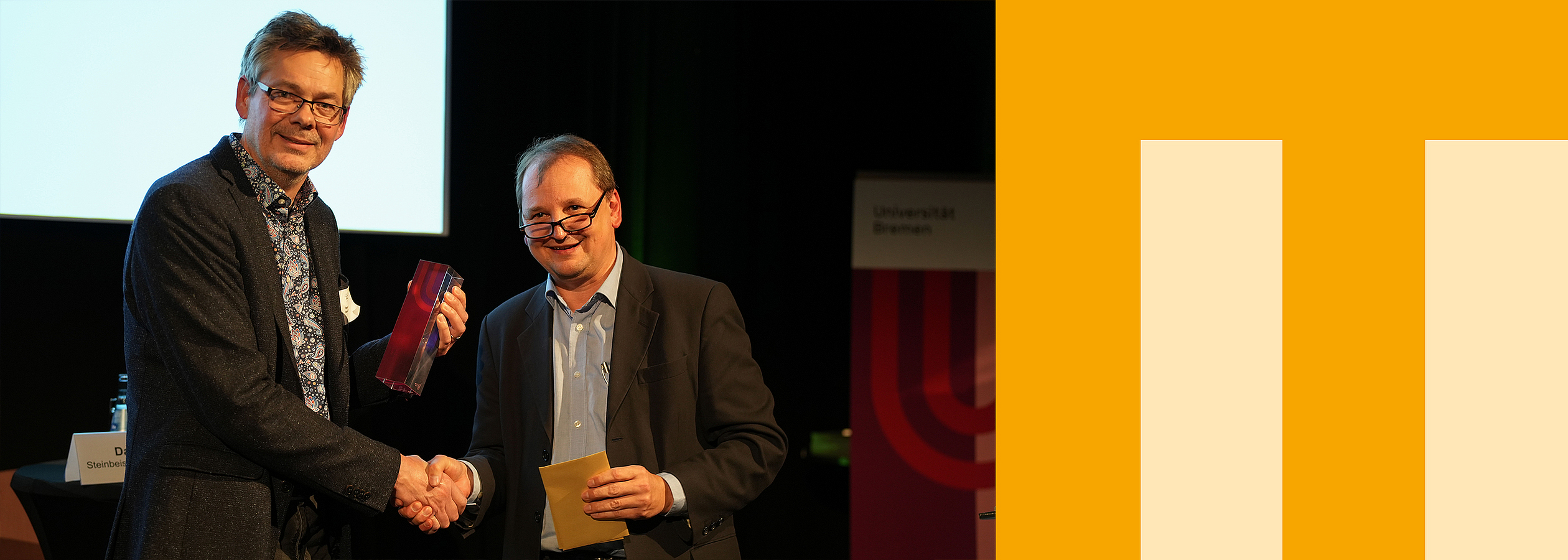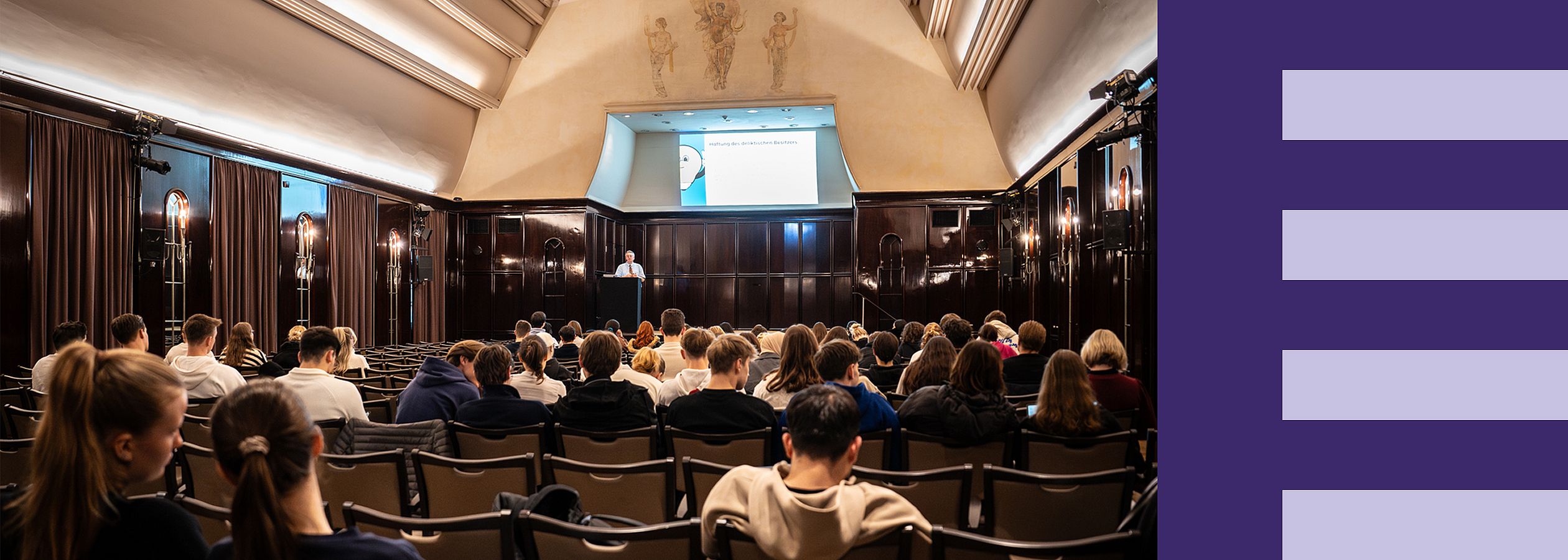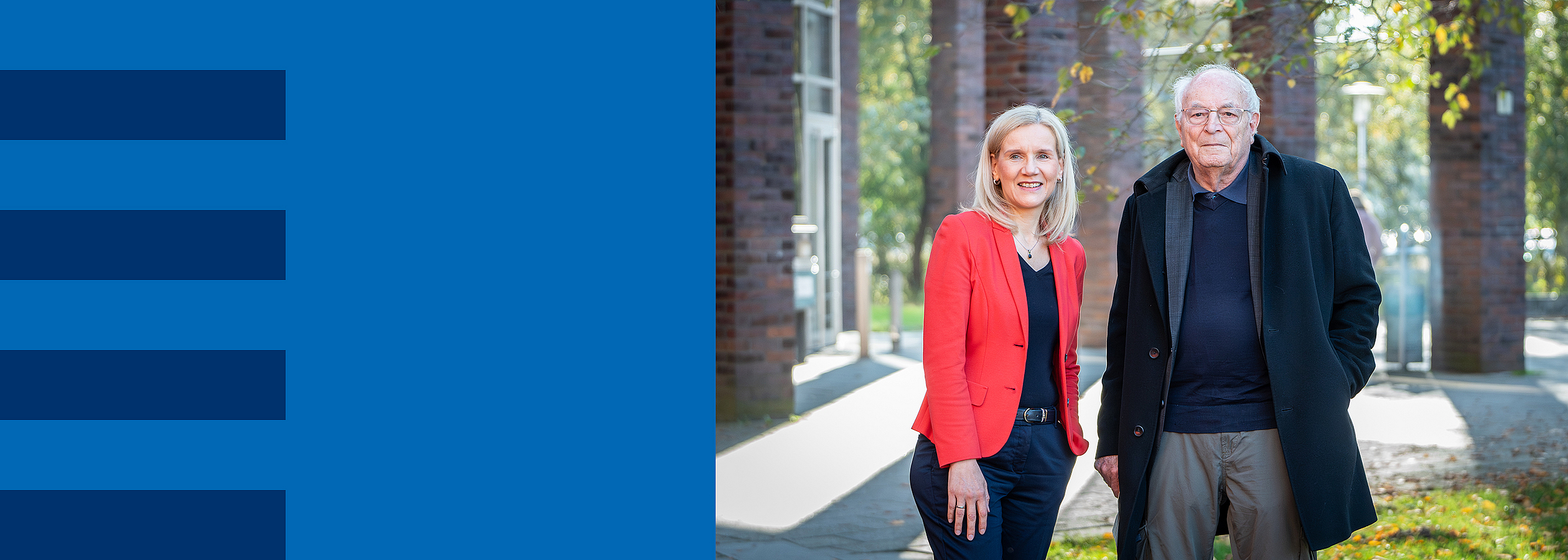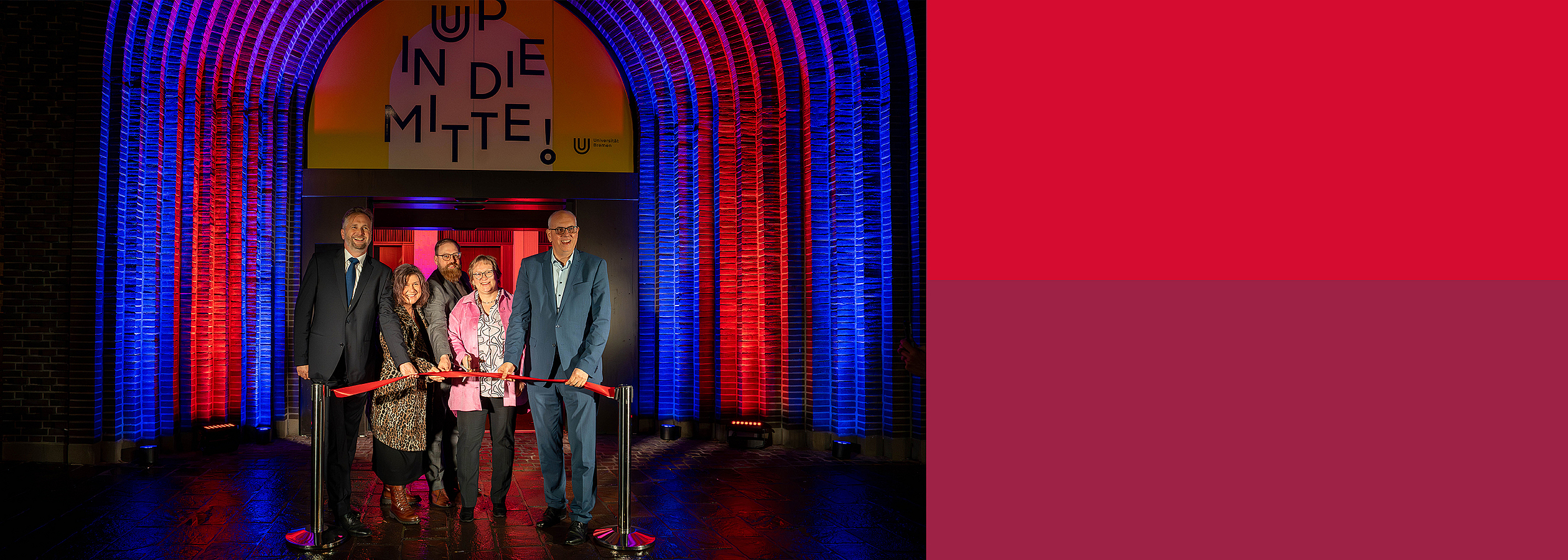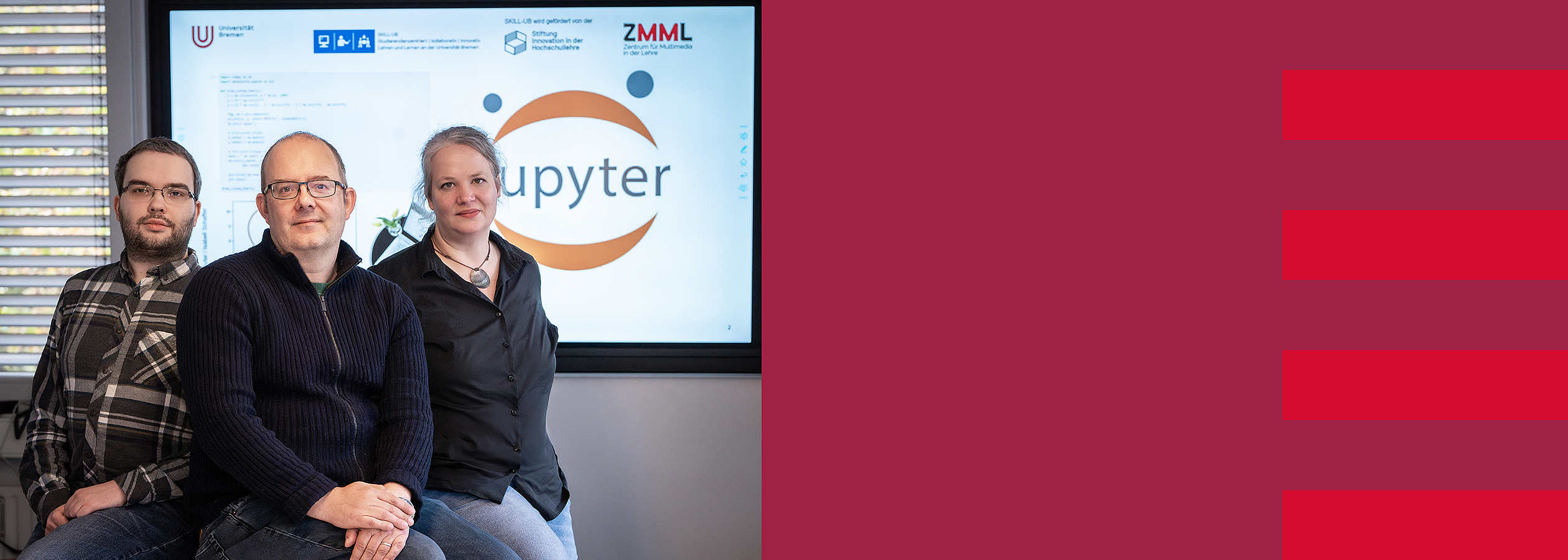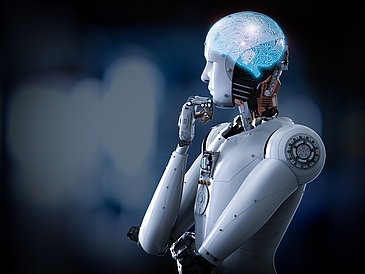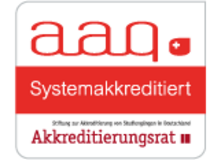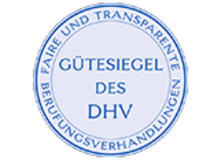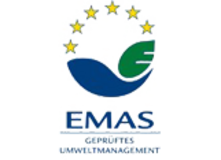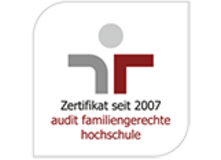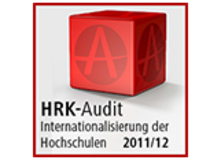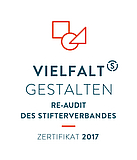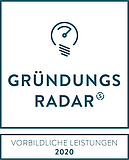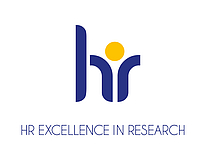The University professors Ottheim Herzog, Frank Kirchner and Christian Freksa and their areas of work are named in both of the lists that the jury of experts from the Gesellschaft für Informatik e. V. (GI) (German Society for Computer Science) has compiled in reference to the development of artificial intelligence in Germany. Each year the Federal Ministry of Education and Research (BMBF) names a new theme with which it wants to inform and provoke dialogs concerning current fields of technology.
AI: Machines Are Replacing Humans
The theme chosen for 2019, artificial intelligence, is possibly the most widely discussed field of science at the moment. The adoption of human skills by machines is to build the basis for a new economic revolution. Computers are winning at chess against humans, analyzing complex data at breakneck speeds or are better at diagnosing cancer than humans: Artificial intelligence is making all of this possible. Yet who were the formative thinkers and what were the formative technologies in the development of AI in Germany?
Professor Ottheim Herzog belongs to this former. He has been active in research and teaching in the area of artificial intelligence for more than 38 years. He spent many of those years at the University of Bremen. It was there that he built the Center for Computing Technologies (TZI) and developed innumerable successful AI applications together with his working group. Some of them were for semantic picture analysis, expert systems, machine leaning, planning and configuration and multi agent systems. Herzog is still closely connected to the TZI today. He is working on current topics as a research professor there again and supervises the new generation of scientists. The expert committee acknowledged his exceptional function in the AI history of Germany by voting for him as one of the ten formative thinkers.
“Significant technologies” from Bremen
However, not only the thinkers but also the ten most significant technologies of the German AI history were chosen. Two of said technologies come from Bremen and have been in development there for many years. One of the areas is “Autonome System / Autonomes Fahren” (Autonomous Systems / Autonomous Driving). The University Professor Frank Kirchner – now also spokesperson of the German Research Center for Artificial Intelligence (DFKI) and head of the Robotics Innovation Center at DFKI – has carried out pioneering research with his teams. In 2002, the scientist accepted the appointment as professor for the Chair of Robotics at the University of Bremen and has been carrying out research there ever since.
A further exceptional area of the German AI history is the branch of knowledge representation. This field encompasses the investigation into how knowledge can be presented formally. Various formal languages and notations are developed for this. One of the experts who has made a name for himself together with his working group in this field is Professor Christian Freksa, Scientific Director of the Bremen Spatial Cognition Center at the University. Freksa and his colleagues deal with questions in the field of spatial cognition: How do humans and robots gain and process knowledge of their spatial surroundings, how do they orient themselves in their surroundings, how do they communicate information about their surroundings? For many years, Christian Freksa was also spokesperson of the interdisciplinary, collaborative research center SFB/TR 8 Spatial Cognition, which was located at the universities in Bremen and Freiburg. The German Research Foundation funded said center between 2003 and 2015.
University President: “Expert Committee Confirms our Important Role”
“We are extremely happy that a high level expert committee has confirmed the important role of the University of Bremen in the development of artificial intelligence in our country”, stated University President Professor Bernd Scholz-Reiter. “The multifaceted, valuable knowledge in this area that we bring together here is bundled in our research area “Minds, Media, Machines”. The researchers in this area investigate human and machine representations, the natural, formal and technical processing and the social and automated communication of information. Additionally, the University of Bremen is working on the further development of artificial intelligence methods and their application within SFB EASE (Everyday Activity Science and Engineering).”
Further information:
ki50.de KI50 project website (in German only)
Contact:
Prof.Dr. Andreas Breiter
Vice President for Research
University of Bremen
Phone: +49 421 218-60021
Email: kon1protect me ?!uni-bremenprotect me ?!.de

